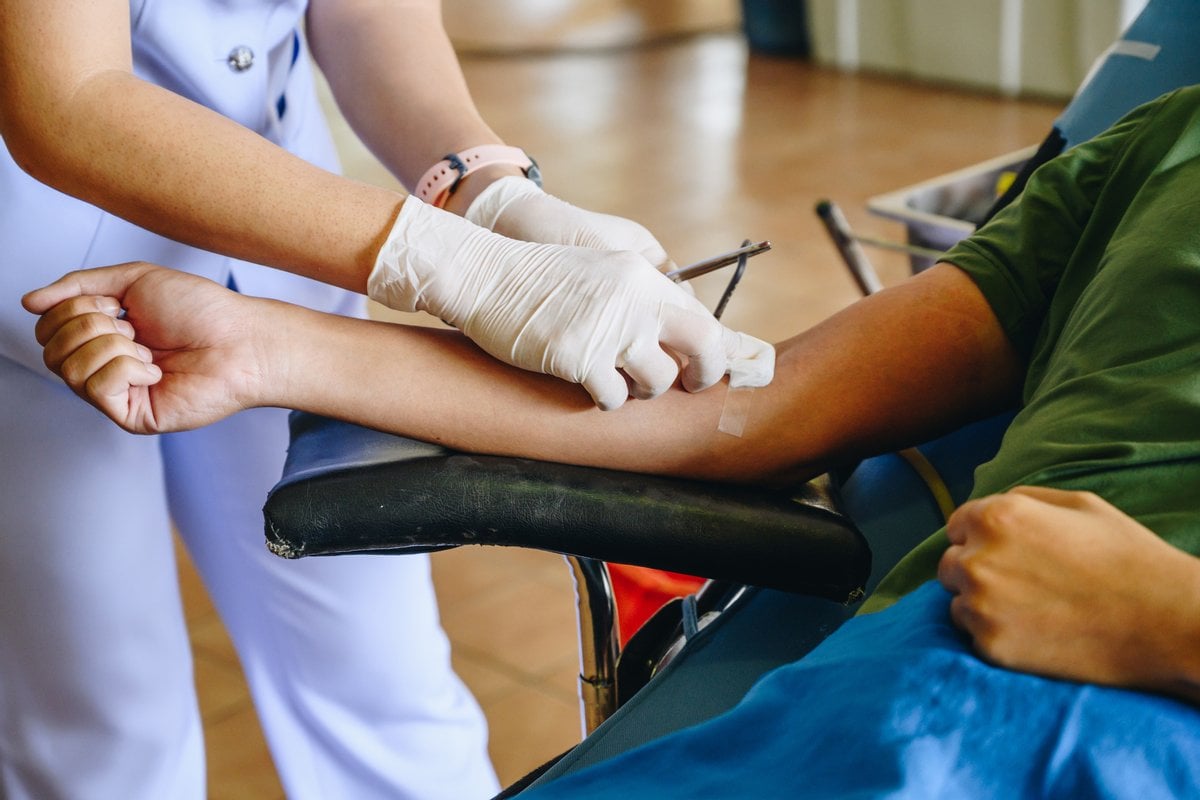
Since the beginning of the COVID-19 pandemic in early 2020, people's health literacy has increased dramatically.
I've worked in public health since 2009. Before the pandemic, most people had no idea that public health existed as a career! Now, most people understand epidemiology is not a skin condition.
They also are more likely to understand a virus reproduction rate. And they can describe the primary differences between the Pfizer and AstraZeneca vaccinations.
COVID-19 is complex, as is Aboriginal and Torres Strait Islander health, so what's the difference?
The significant difference is that COVID has affected Australia and the world. Whereas the Aboriginal and Torres Strait Islander health disparity, on a day-to-day level, impacts just us.
Watch: Indigenous Lives Matter. Post continues below.
COVID seems to headline every news report on TV, make the newspaper's front page and is likely to be one of the most frequently searched terms online.
However, unlike COVID-19, Aboriginal and Torres Strait Islander health disparity is poorly understood despite being an issue for not two years but 233 years; since 1788.


Top Comments